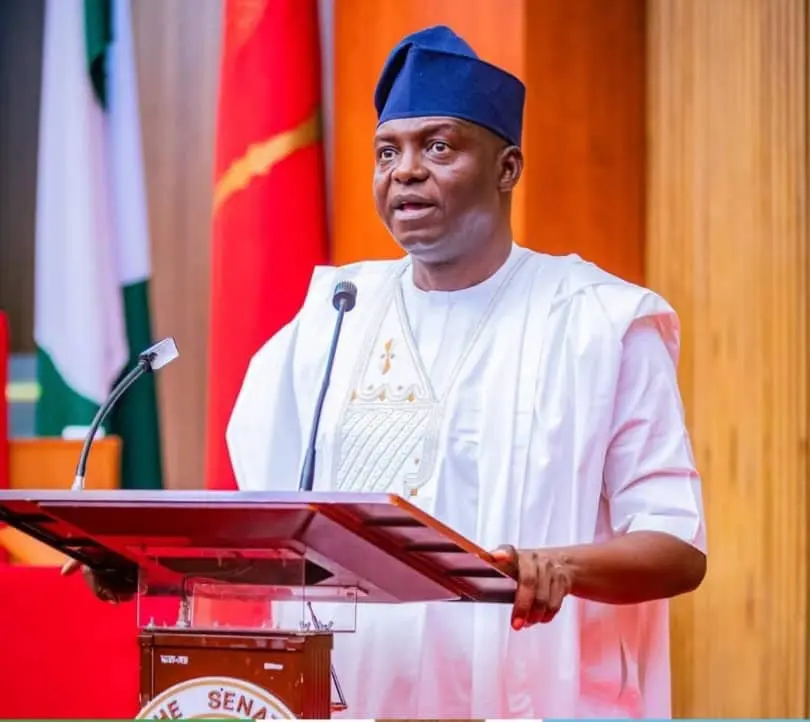Nigeria Urged to Take Bold Steps in HIV Prevention and Control
As the global landscape of aid and donor support evolves, Nigeria is facing a critical moment in its fight against HIV/AIDS. With apathy on the rise and donor landscapes shifting, the country must take bold steps to ensure that HIV prevention, treatment, and support remain accessible and resilient. According to Dr. Temitope Ilori, Director-General of the National Agency for the Control of AIDS (NACA), Nigeria must leverage its unified platform to review sustainable strategies for HIV prevention, care, and control.
The 7th National Council on AIDS (NCA) meeting, scheduled to hold in Lagos, provides a crucial opportunity for stakeholders to come together and deliberate on sustainable strategies for HIV prevention, care, and control. The meeting, themed “Advancing National HIV Sustainability Agenda in the Changing Global Policy on Aid,” will bring together stakeholders from government, civil society, development partners, and communities to align efforts under a unified sustainability agenda. As Dr. Ilori emphasized, “the NCA meeting serves as a coordination hub for partners from across sectors to align efforts under a unified sustainability agenda.”
The high-level statutory meeting will focus on reviewing progress, consolidating national HIV sustainability efforts, and setting technical direction for the years ahead. Key areas of focus include advancing the National HIV Sustainability Agenda in a Changing Global Aid Landscape, Multi-Sectoral Approaches to Sustainability of HIV and Related Developmental Diseases, and Strengthening Sub-National Structures for Sustainability and Health Systems Effectiveness. The AIDS Agency has also called on stakeholders to submit policy and implementation memos for review, which will potentially be adopted to shape Nigeria’s HIV response.
Established under the NACA Act of 2006, the National Council on AIDS is the apex national coordinating body guiding Nigeria’s multi-sectoral HIV/AIDS response. As the country navigate the complexities of a shifting global aid landscape, it is essential that stakeholders come together to ensure that HIV prevention, treatment, and support remain a priority. By taking bold steps and leveraging its unified platform, Nigeria can chart a future for HIV and AIDS control that is sustainable, effective, and resilient. The outcome of the 7th National Council on AIDS meeting will be crucial in determining the country’s next steps in the fight against HIV/AIDS, and it is imperative that stakeholders work together to ensure a unified and coordinated approach.



